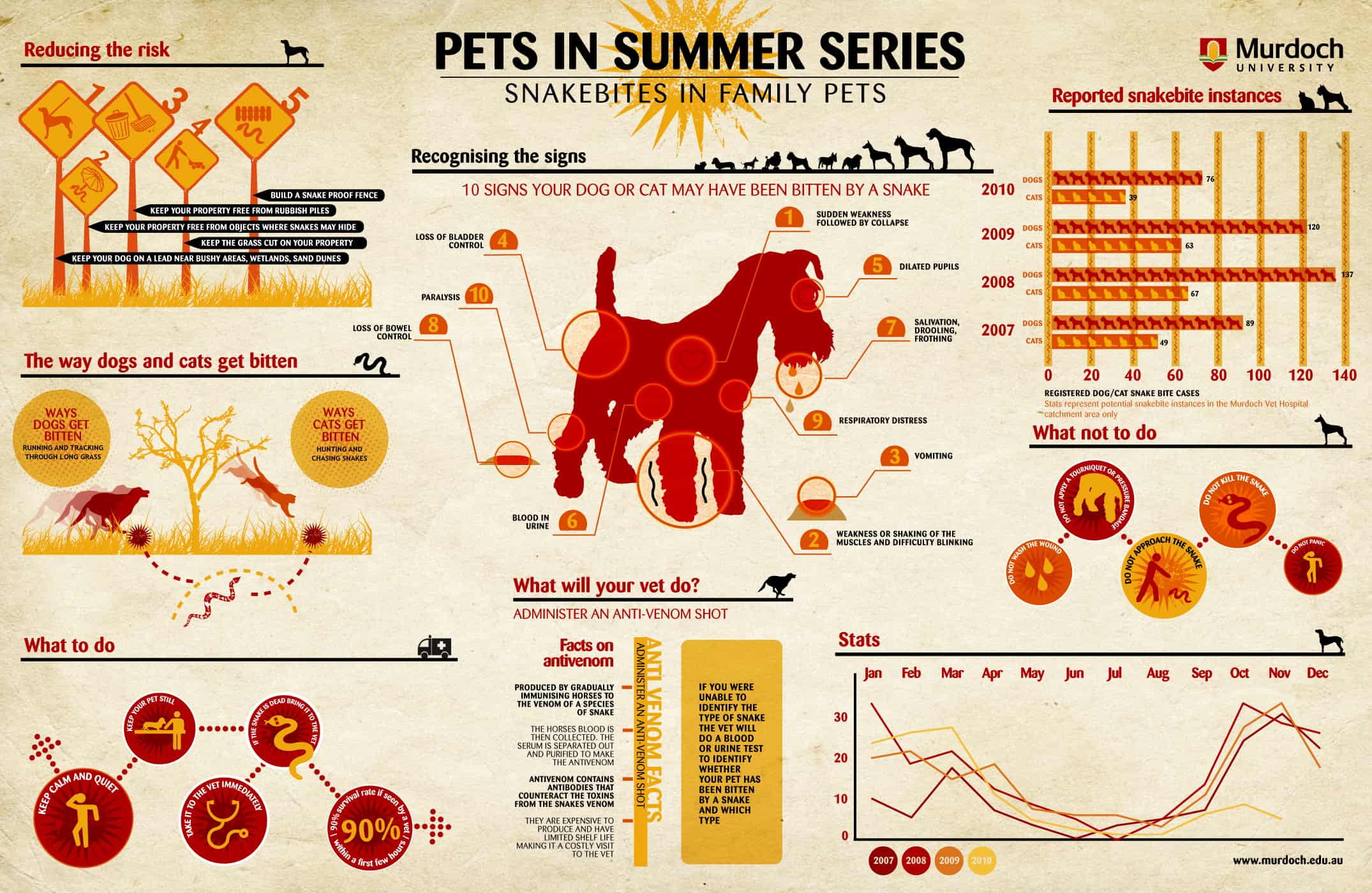Benefits Of Daycare For Solo Dogs
Benefits Of Daycare For Solo Dogs
Blog Article
What Vaccinations Are Needed For Pet Day Care?
Whether your canines hang around at daycare or boarding facilities, they require to be updated on all of their called for inoculations. Core injections include Bordetella, rabies and DA2PP, which defend against typical diseases that dogs are revealed to when in close contact with others.
Non-core vaccinations include canine flu and leptospirosis shots. These are suggested for pups that mingle with various other pet dogs frequently.
Core Injections
As an essential part of preventative care, pet injections aid keep pet dogs safe from transmittable diseases sent through straight contact or polluted surfaces. Injections stimulate the body immune system to create antibodies that battle condition, and a lot of vets think about core pet vaccines to be crucial for all animals.
Rabies
The majority of credible dog childcare facilities need that your pet dog be up to day on their rabies vaccination. Inoculations are administered to young puppies as very early as 12-16 weeks old, and boosters are needed every 3 years or so till adulthood. Rabies is a deadly viral disease that spreads with saliva, generally from attacks. Most states need rabies inoculations for all dogs and felines, and some also mandate rabies boosters for animal proprietors.
Distemper/Parvovirus/Adenovirus (DHPP).
This combination injection covers canine distemper, parvovirus, liver disease, and adenovirus, all of which are extremely transmittable. Many vet workplaces provide DHPP vaccinations as one shot or in a collection of two to 4 shots, offered 2-4 weeks apart, followed best dog boarding by an annual booster. This vaccination is a requirement for many boarding and dog childcare facilities, in addition to several groomers.
Bordetella/Canine Parainfluenza Vaccine.
Bordetella bronchiseptica, generally known as kennel cough, is a really transmittable respiratory infection triggered by the microorganisms that causes the illness. Signs and symptoms include persistent coughing, sneezing, nasal discharge, and high temperature. The majority of kennel cough break outs happen in jampacked environments, such as day care or boarding centers, and are specifically common in warmer weather condition. This vaccination is a need for most daycare and boarding centers, and is usually offered in a combination with the DHPP injection.
Leptospirosis Vaccination.
This is a bacterial disease that spreads through polluted water, dirt, and pee. Infection can create kidney and liver damage, as well as death, and is transmissible to people. The majority of veterinarians will recommend this injection, based upon geographical area and lifestyle of the pet, for canines that hang out outdoors or at boarding facilities, in addition to some groomers. This vaccination is generally carried out as a series of two to four shots, spaced 2-4 weeks apart, with an annual booster required for a lot of family pets.
Lyme Illness Vaccination.
One of the most usual tick-borne disease in the United States, Lyme disease is transmitted by the deer tick and can result in fever, joint pain, muscle soreness, and loss of appetite. The Lyme disease vaccine safeguards against the most common stress of the virus, including the H3N8 and H3N2 stress. A lot of vet centers suggest this vaccination, specifically in risky locations, such as the Northeast, top Midwest, Mid-Atlantic, and along the Pacific shore.
Noncore Vaccines.
Various other pet vaccinations, while not necessary for all pet dogs, are advised based on the pet's way of life and geographical location. These consist of the following:.